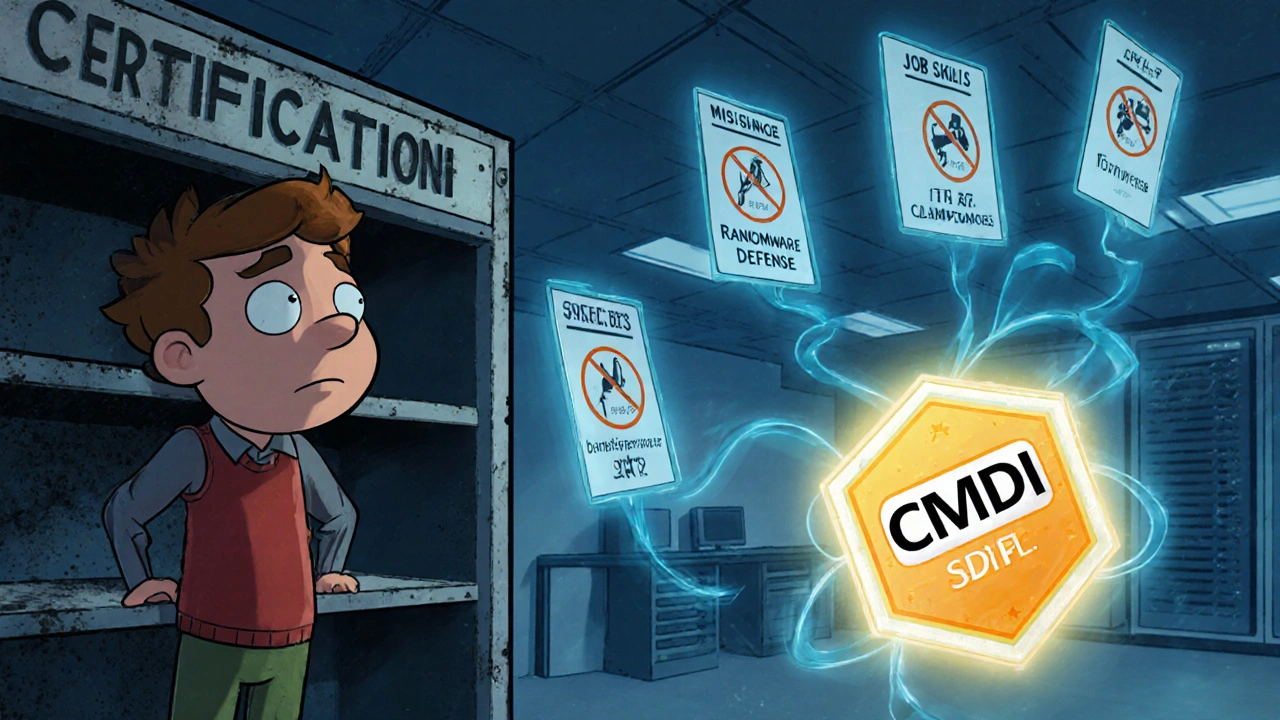Industry Standards in Online Learning: What Every Course Creator Needs to Know
When you build an online course, you’re not just sharing knowledge—you’re running a learning platform that must meet real industry standards, formalized practices that ensure safety, quality, and legal compliance in digital education. Also known as educational compliance frameworks, these standards aren’t optional—they’re the foundation of trust between you and your learners. If your course collects data, runs quizzes, or hosts discussions, you’re already in the scope of rules that govern how information is handled, protected, and delivered.
These standards aren’t just about avoiding fines. They’re about building something people can rely on. For example, SOC 2 certification, a security framework for tech companies handling customer data. Also known as SaaS security standards, it’s what enterprise clients look for before buying your course platform. Without it, you’re telling users your data practices are unverified. Then there’s FERPA compliance, a U.S. law that protects student education records, including login activity, grades, and progress data. Also known as student privacy regulations, it applies even if you’re teaching one person—if they’re enrolled in a program, their data is protected. Ignoring it isn’t just risky—it’s illegal. And if your course has forums, comments, or user-generated content, content moderation, the process of enforcing rules to keep learning spaces safe and respectful. Also known as community guidelines, it’s what stops harassment, spam, and misinformation from driving learners away. You don’t need a legal team to start, but you do need to know what’s required.
These standards connect directly to the tools and methods you use. A course with poor accessibility won’t meet basic inclusion rules. A platform without secure payment processing won’t pass SOC 2. A course with no clear Terms of Service leaves you exposed to misuse. The posts below cover exactly these pieces: how to write a Terms of Service that holds up, how to set up content moderation without burning out, how to get SOC 2 certification without the hype, and how to protect learner data under FERPA. You’ll find real templates, checklists, and step-by-step fixes—not theory. Whether you’re launching your first course or scaling to thousands of students, these are the rules that make your work sustainable, credible, and worth paying for.

How to Create Certification Programs That Employers Actually Trust
Learn how to build certification programs that employers actually value-by tying credentials to real job needs, using performance-based assessments, and partnering with hiring managers to create trusted, measurable skills standards.